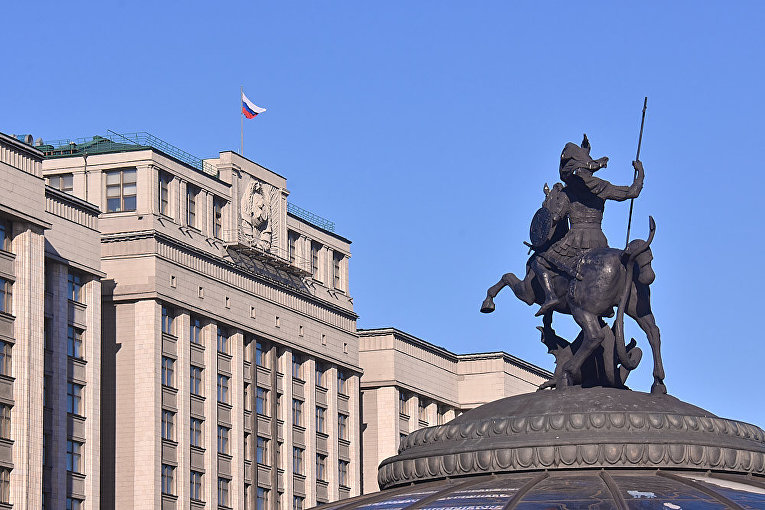MOSCOW, February 28 (RAPSI) – A bill on criminal sanctions for violations during the All-Russia voting on amendments to the Constitution has been submitted to the lower house of parliament, according to the State Duma statement.
According to one of the bill’s authors, Chairman of the State Duma Committee for State Building and Legislation Pavel Krasheninnikov, the initiative is aimed to ensure free expression of the will during the voting.
The bill envisages amendments to the Criminal Code’s articles on falsification of electing documents, results of the poll and hindering a citizen from exercising his/her electoral rights and the work of election commissions.
The draft law sets punishment from fines to up to 4 years in prison for the crimes.
On Thursday, an amendment setting April 22 as the date of the All-Russian vote on Constitution was submitted to the State Building and Legislation Committee of the lower house of Russia’s parliament in the framework of run-up to the second reading of the bill on Constitutional changes. According to Krasheninnikov, the proposed changes with respect of the date of the All-Russian vote were developed basing on the results of a meeting of the working group on drafting amendments to the Constitution held on February 26.
The date of the voting is to be a legal public holiday, it is to be held from 8 a.m. to 8 p.m. local time.
President Vladimir Putin brought the bill to amend the Constitution before the parliament on January 20. He clarified the essence of the amendments proposed to the Constitution at a meeting with members of a working group established to elaborate the respective suggestions on January 16.
According to the President, the amendments are aimed to further the development of Russia as a social welfare state governed by the rule of law, as well as to achieve higher efficiency of its national institutions, strengthen the role played by its civil society, political parties, and Russia’s regions in working out most important decisions concerning the development of the state.
Vladimir Putin stated that Russia was to remain a Presidential republic, but a more open one, where the significance of its Parliament was to grow, whereas interrelations of lawmakers with the government were to be strengthened.
The President was to retain serious powers to dismiss from their posts those violating the law and those failing to be scrupulous about their duties on the basis of loss of trust, Putin said.
The Head of the State believes that these powers were imperative due to the complex state structure of Russia, its multi-confessional and multi-ethnic nature, and vast territory.
The working group on preparation of proposals concerning amendments to the Constitution was approved by the President on January 15. Among its members are representatives of the Federation Council, State Duma and other public figures.



